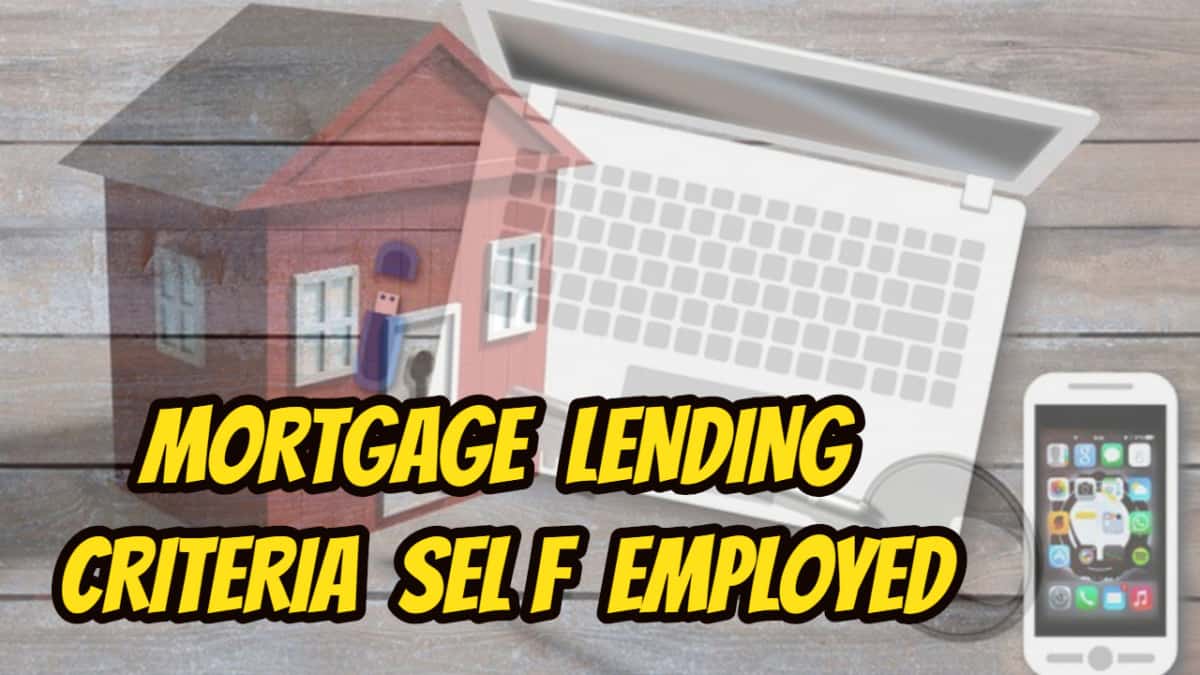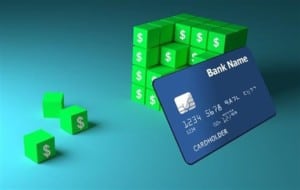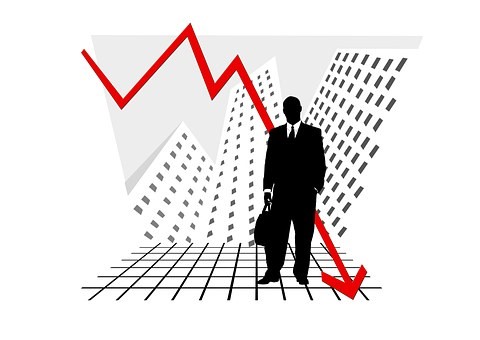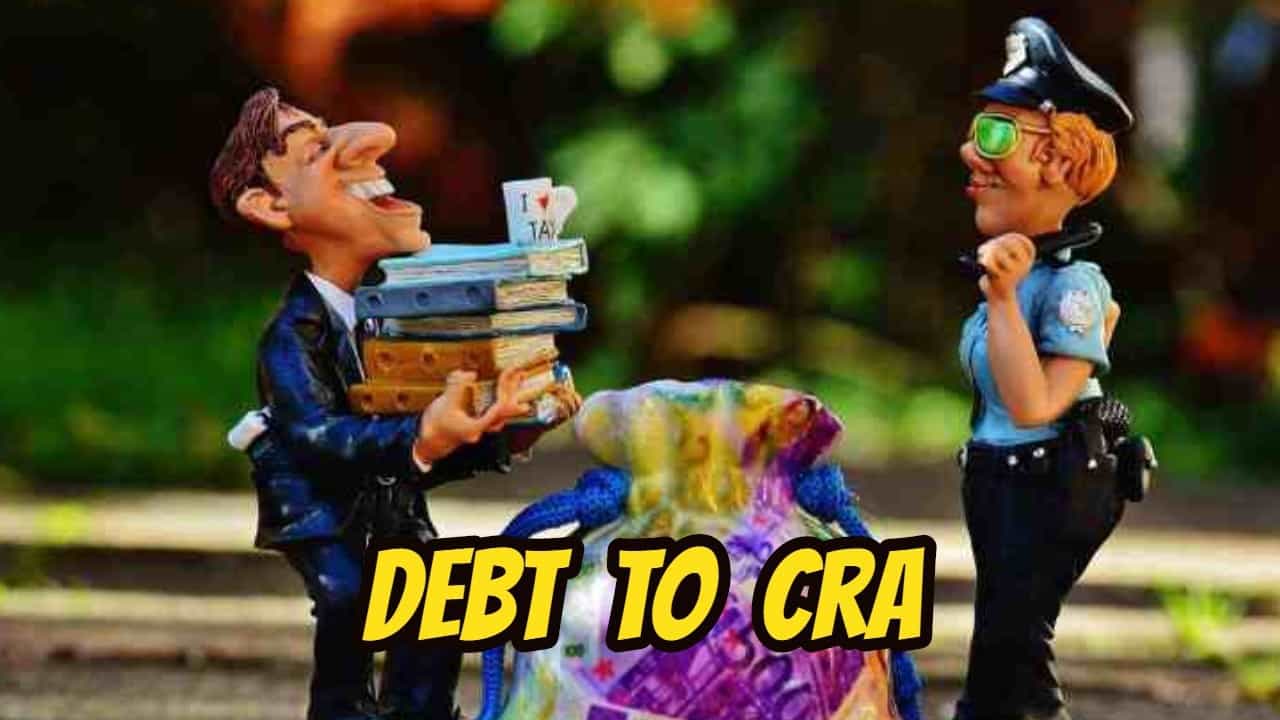Consumer proposal or bankruptcy: Introduction
We always perform an initial free consultation with people thinking about filing either a consumer proposal or bankruptcy. People ask me, what if I can’t create a list of all my creditors?
Consumer proposal or bankruptcy: A refresher
If you are a regular reader of my Brandon’s Blog, then you know the difference between a consumer proposal vs bankruptcy. For those of you who need a brief refresher, both the consumer proposal and bankruptcy are different processes under the Bankruptcy and Insolvency Act (Canada) (BIA). To file either one, the person must be insolvent. That means that they cannot meet their liabilities as they become due and if they liquidated all their assets, it would not produce enough cash to pay of all the debts.
Consumer proposal – This is a restructuring process to avoid bankruptcy for any person who owes $250,000 or less, not including any mortgage or line of credit debts secured by a mortgage registered against their home. The purpose of a consumer proposal is to AVOID bankruptcy.
Division I proposal – This is a restructuring process for people who owe too much money to fit under the consumer proposal rules. A company can also reorganize under this section of the BIA.
Bankruptcy – If a person cannot successfully carry out a restructuring proposal but requires relief from their crushing debts, then they would file for bankruptcy. In this process, subject to certain provincial exemptions, you would hand over your assets to the licensed insolvency trustee (Trustee). The Trustee would then sell the assets for cash, call for your creditors to file a proof of claim with the Trustee and then distribute the money according to the rules of the BIA.
Consumer proposal or bankruptcy: A common question
Regardless of whether the person is thinking about a consumer proposal, Division I proposal or bankruptcy, a common question is: (i) what if I don’t know who all my creditors are; or (ii) what if I leave off some creditors from my sworn statement of affairs; or (iii) do I have to list all of my creditors?
Some of our clients come to us, tell us that they don’t even know who their creditors are. Sometimes it’s been such a long time that they don’t even receive the bills or notices anymore and their memories aren’t good enough. So here is an easy hack so that you can put together a list of most, if not all, of your creditors.
Consumer proposal or bankruptcy: The easy hack
We will add CRA to your statement of affairs. If you don’t know how much you owe them, we will put them in showing either “$1” or “Unknown” as a placeholder
Every person must file an income tax return. Most people know whether they are current or not in their tax filings. So Canada Revenue Agency (CRA) should always be listed.
CRA cannot file an accurate proof of claim if you have not been current in your income tax filings. So we tell everyone to file all outstanding tax returns and provide us with a copy before filing either a consumer proposal or bankruptcy.
Pull your credit report
You may obtain your credit report from either Equifax or TransUnion. Your credit report will list all those who you owe money to and who wanted to update their files with your new credit score. We will add those creditors to your statement of affairs also.
Check your mail and save the bills
No doubt your creditors will keep mailing your statements. Even if all it says is balance forward unpaid, or is from a collection agency or lawyer, it will list their address, their name and the amount they say you owe. We will put that information on your statement of affairs.
Have your lawyer do an execution search
Your lawyer can easily do an execution search. This search will show who holds a judgement against you and some basic details. We will add those details to your statement of affairs.
Consumer proposal or bankruptcy: The test is due diligence, not perfection
The test is, did you use your best efforts to identify all of your creditors on your sworn statement of affairs. It is very rare that any of our clients know exactly how much they owe. It is normal for the amounts according to the sworn statement of affairs to be different from the proofs of claim filed. That is OK.
Sophisticated large creditors pay the Superintendent of Bankruptcy to get a download of insolvency filings on a regular basis. They match the names of those who have filed against their client database. If a client shows up that they did not have listed as having filed, they contact the Trustee. Once they contact us, we send them a creditor’s package. They will then be able to further check their records and if owed money, can file a proof of claim.
We had a client who said they mistakenly left off a few creditors in their proposal filing. Those creditors found out. All those creditors had judgements against the person who filed the restructuring proposal. These creditors were very mad at being left off the list, although they did not suffer any damages.
It made it much tougher for the person and us to get a deal struck with all the creditors. At the end of the day, a deal was struck and the person is currently performing and is currently making their payments under the restructuring proposal. The anger of these creditors rubbed off on creditors who would have otherwise been happy with a lesser proposal. So in the end, leaving these creditors off the initial sworn statement of affairs just cost them more money!
Consumer proposal or bankruptcy: Corporate filings
In terms of a corporation filing either a restructuring proposal or bankruptcy, we normally don’t incur the same issues. A company will have an accounting department and/or an accounting system. They will be able to produce a list of creditors. The amounts shown may not be current, but the list of names and addresses will be reasonably accurate.
However, the easy hack I described above also works for a company.
Consumer proposal or bankruptcy: More free stuff
I hope that you have found my free easy hack useful to answer the question of how to create a list of all my creditors. You can use it if you wish to do proper budgeting, which everyone should do. You don’t have to wait until you are insolvent!! With proper budgeting, you can avoid insolvency and therefore bankruptcy.
If you have too much debt and need someone to talk to about consumer proposal vs bankruptcy, call the Ira Smith Team. We will listen to your issues and provide you with our thoughts and recommendations for free. That’s right; a free initial consultation. So why not? All you have to lose is your stress. We will advise you whether or not we think you are a candidate for either a consumer proposal or bankruptcy. If we feel you can solve your financial problems without an insolvency process, we will tell you straight.
The Ira Smith Team understands the stress you are under and the pain it is causing you and your loved ones. We can eliminate your pain. I guarantee that you will start feeling better right away after our free initial consultation. Taking action after that will put you on the right path, Starting Over Starting Now.





 : Introduction
: Introduction










